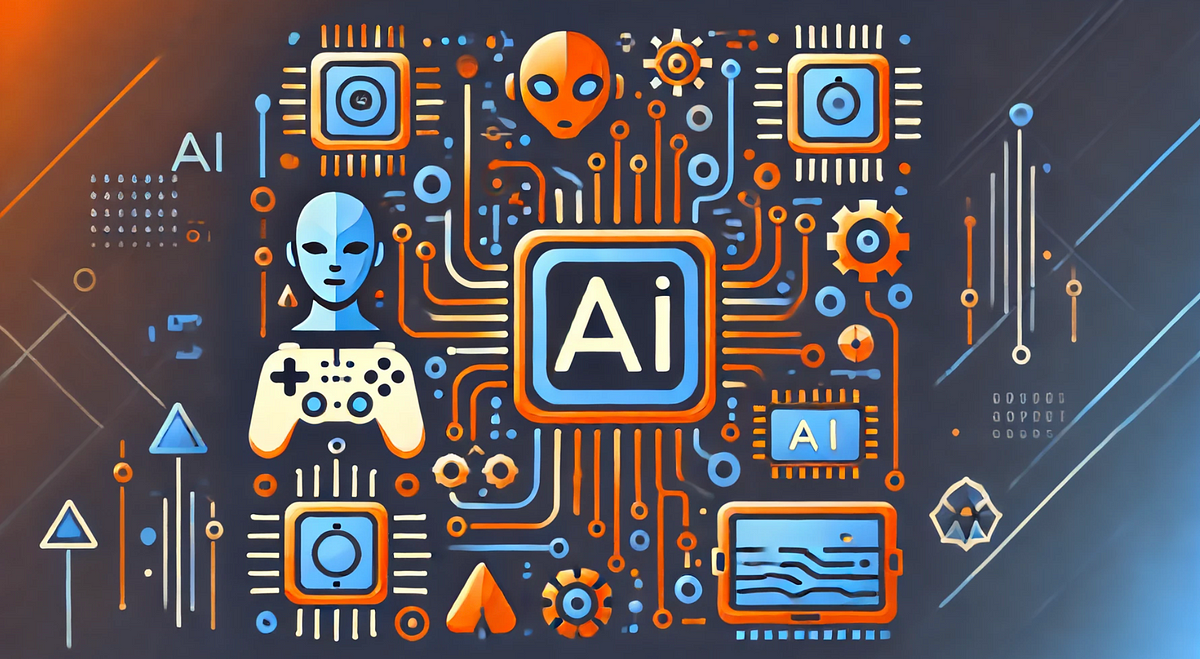AI-Generated Game Worlds: Revolutionizing Immersion in Gaming
The gaming industry has always pushed the boundaries of technology, but artificial intelligence (AI) is setting an unprecedented pace for innovation. One of its most fascinating applications is in procedural generation — creating game worlds, missions, and narratives dynamically through machine learning and advanced algorithms.
Learn more about revolutionising gameplay and development : https://medium.com/aimonks/ai-....in-video-games-revol
Beyond Static Worlds: A New Era of Immersion
Traditional game design involves pre-crafted worlds, where every tree, mountain, or city is placed manually by designers. While these worlds can be stunning, they are static and finite. AI-driven generation offers infinite possibilities, crafting environments that evolve in real time based on player behavior and decisions. Imagine exploring a forest that changes based on the time of day, or encountering a mission tailored to your past gameplay choices.
The Technology Behind AI-Generated Worlds
At its core, AI world generation relies on procedural generation enhanced by neural networks. AI analyzes massive datasets, including real-world maps, architectural styles, and storytelling structures. For example:
•Minecraft uses procedural algorithms to create vast, unique terrains.
•No Man’s Sky employs AI to design planets, ecosystems, and lifeforms across an expansive galaxy.
Recent advancements allow these processes to go deeper. Machine learning models can now consider narrative arcs, environmental storytelling, and emotional engagement, making worlds feel alive and responsive.
Adaptive Narratives and Personalized Missions
AI doesn't stop at landscapes. It redefines storytelling by creating missions and plotlines that adapt to the player's actions. These missions are not merely variations of existing templates but can introduce entirely new characters, conflicts, and objectives. This level of personalization transforms the player’s journey into a unique narrative experience, ensuring no two adventures are alike.
Challenges and Ethical Considerations
While the potential of AI-generated worlds is immense, challenges remain. Developers must balance algorithmic creativity with meaningful direction, ensuring that generated content aligns with the game’s vision. Ethical concerns, such as maintaining inclusivity and avoiding unintended biases in AI-generated narratives, are also critical considerations.
The Future of AI in Game Design
As AI technology continues to evolve, the line between game designer and AI collaborator will blur. Future worlds may not just be vast and beautiful but also capable of emotionally engaging players in ways we cannot yet imagine.
AI-generated game worlds represent more than technological progress—they signify a new chapter in how we experience stories and interact with virtual realities. The era of static, finite gaming is giving way to dynamic, living universes, pushing immersion to unparalleled heights.
お気に入り
コメント
シェア
